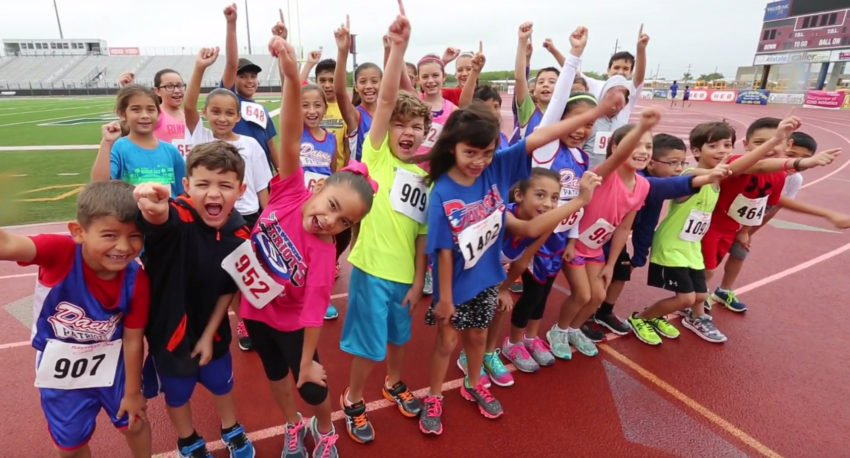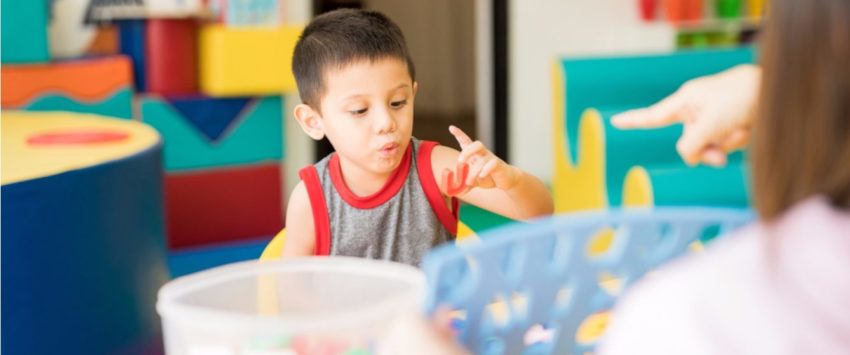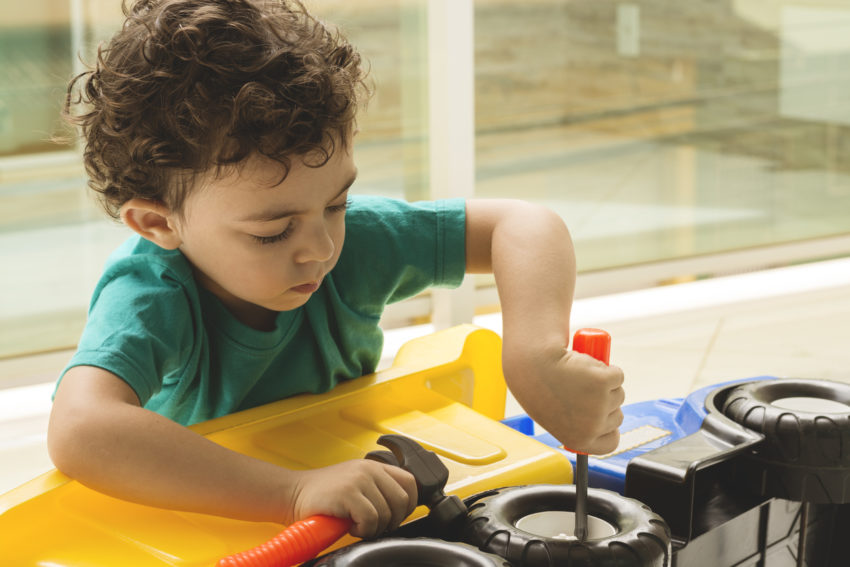Tell U.S. Gov’t: We Want Healthy Physical Activity Guidelines for Kids!

The U.S. Department of Health and Human Services wants your help to shape the next edition of its Physical Activity Guidelines for Americans, which haven't been updated since 2008. The guidelines recommend how everyone can improve their health with regular physical activity. Now, a new report from the 2018 Physical Activity Guidelines Advisory Committee shows how higher levels of physical activity among children and adolescents are associated with favorable health outcomes, including heart and muscle fitness, bone health, and weight status. Speak up on to shape the guidelines now! Copy this model public comment developed by our Salud America! research team, click the “submit” button, and paste the comment on health.gov's comments website by April 2, 2018: I support ...
Read More






